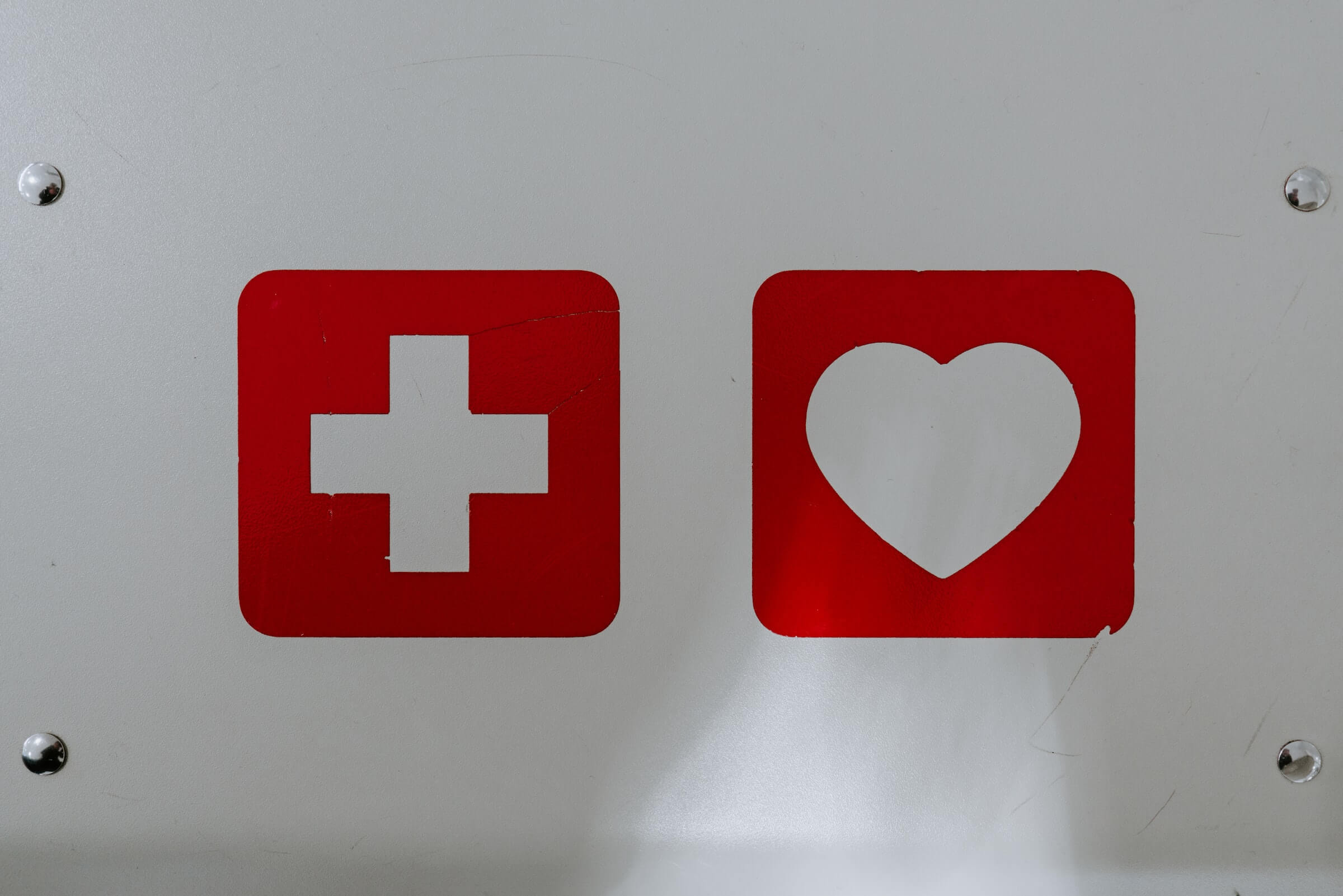Policies Conditions
Introduction
The Codes and Policies form the Agreement you enter into whenever — and wherever — you commence or continue any conduct or service relating in any way, directly or indirectly, to The Ikoku Philanthropies. Please, therefore, take the time to read what follows carefully.
Your Policies Agreements
Section 0.1.0. First, with respect to the Agreement you enter into with The Ikoku Philanthropies, you understand and agree to abide by the following:
Your Policies Consents
Section 0.2.0. Second, with respect to your ability to consent to the Agreement and the Codes and Policies, you covenant, represent, and warrant the following:
Your Policies Duties
Section 0.3.0. Third, with respect to your attendant duties to the Agreement and the Codes and Policies, you covenant, represent, and warrant that you understand and agree to fulfill the following:
Your Policies Knowledge
Section 0.4.0. Fourth, with respect to any changes or updates to the Agreement or the Codes and Policies, you covenant, represent, and warrant that you understand and agree to abide by the following:
Basic Policies
Provision
As stated earlier, the governance of The Alvan Ikoku Philanthropies is, in important part, conducted via the following Codes and Policies:
Ikoku Philanthropies Agreement
Section 0.6.0. The Ikoku Philanthropies Conduct and Service Agreement, which
Conditions of Founding
— 0.7.0. Conditions and Terms of Founding of The Ikoku Philanthropies (HTML)
Conditions of Governance
— 0.8.0. Conditions and Terms of Governance of The Ikoku Philanthropies (HTML)
Conditions of Service
— 0.9.0. Conditions and Terms of Conduct and Service (HTML)
Founding Ethics
— 0.10.0. Founding Code of Ethics (HTML)
Correlative Policies
Provision
The Codes and Policies requires your adherence to the conditions and basic policies above and correlative policies delineated below.
Ability and Accessibility
— 0.12.0. Policy on Ability and Accessibility (HTML)
Appointment and Employment
— 0.13.0. Policy on Appointment and Employment (HTML)
Centrality and Unity
— 0.14.0. Policy on Centrality and Unity (HTML)
Communication and Notification
— 0.15.0. Policy on Communication and Notification (HTML)
Compliance and Fairness
— 0.16.0. Policy on Compliance and Fairness (HTML)
Confidentiality and Privacy
— 0.17.0. Policy on Confidentiality and Privacy (HTML)
Data and Information
— 0.18.0. Policy on Data and Information (HTML)
Environment and Sustainability
— 0.19.0. Policy on Environment and Sustainability (HTML)
Freedom and Liberty
— 0.20.0. Policy on Freedom and Liberty (HTML)
Human Subjects Research
— 0.21.0. Policy on Human Subjects Research (HTML)
Independence and Integrity
— 0.22.0. Policy on Independence and Integrity (HTML)
Intellectual and Real Property
— 0.23.0. Policy on Intellectual and Real Property (HTML)
Safety and Security
— 0.24.0. Policy on Safety and Security (HTML)
Specific and Supplementary
— 0.25.0. Where appropriate and authorized by the Founder, The Ikoku Philanthropies will list here any Supplementary Conditions and Terms that are Specific to given Parties, Persons, Products, Services, Sites, or equivalent.
Conclusion
— Codes and Policies
— 0.26.1. All of the aforementioned in this section constitutes the Codes and Policies of The Alvan Ikoku Philanthropies (the “Codes and Policies” and “Policies”) and forms an integral part of The Ikoku Philanthropies Conduct and Service Agreement you may enter into with The Alvan Ikoku Philanthropies.
— Concerns and Questions
— 0.26.2. Please report any concerns about code or policy violations, and send any questions you may have regarding the Codes and Policies or The Ikoku Philanthropies Conduct and Service Agreement, to policies@ikokuphilanthropies.com.
— Concluding
— 0.26.3. And as a concluding aviso and proviso, you are informed as well as reminded that by commencing or continuing any conduct or service relating to The Alvan Ikoku Philanthropies — in any way, either directly or indirectly, and via any manner, means, method, or mode — you enter into The Ikoku Philanthropies Conduct and Service Agreement and agree to abide by and be legally bound by the Policy conditions, principles, protections, and terms described above, and the Codes and Policies, in their entirety without modification or severability, as amended from time to time solely by the Founder.
Also at the Division
The Ikoku Philanthropies and its parent company, The Ikoku Group, are dedicated to developing, providing, and safekeeping ideas and solutions — with the mission to foster care and community, culture and creativity, ethics and innovation in lives and societies. And so in accordance with the above, The Ikoku Group and Ikoku Philanthropies provide the following:
A Company of Care and Community
A company and divisions committed to developing and ultimately providing ideas, practices, and products fostering care and community — for the benefit and service of people coexisting in local and global communities.
A Company of Culture and Creativity
A company and divisions committed to developing and ultimately providing ideas, practices, and products fostering culture and creativity — for the benefit and enjoyment of people engaging in and with local and global communities.
A Company of Ethics and Innovation
A company and divisions committed to developing and ultimately providing innovation that abides by ethics principles and protections — for the benefit and humane use of people employing our solutions for local and global concerns.









